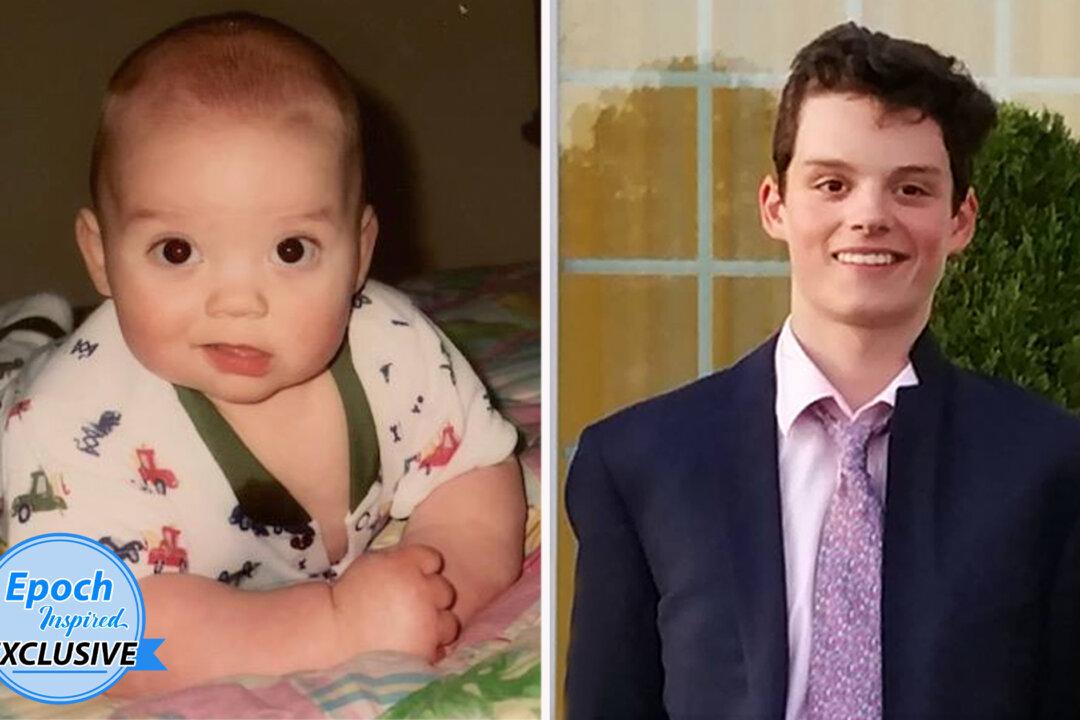A baby born with a life-threatening seizure disorder has beaten the odds. He was not expected to live to see his first birthday, yet he’s seen 18, and his diagnosis has even been changed.
The teen, James Laberee, is now thriving and is mastering a third language.





